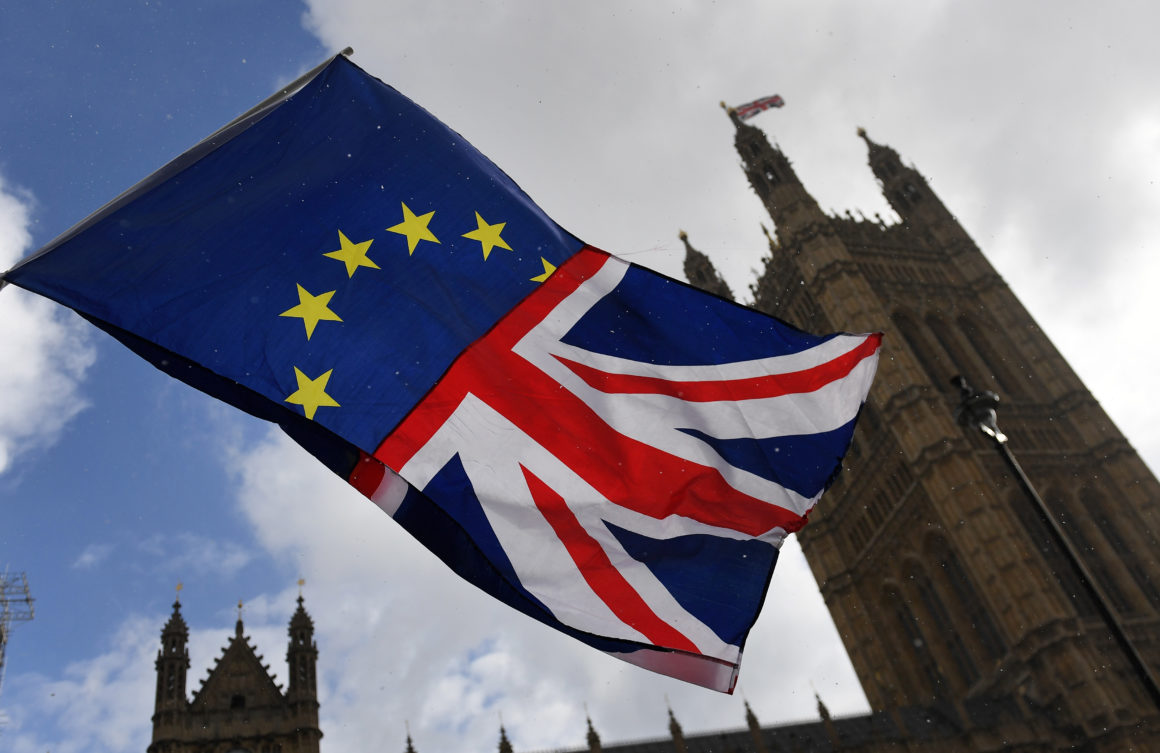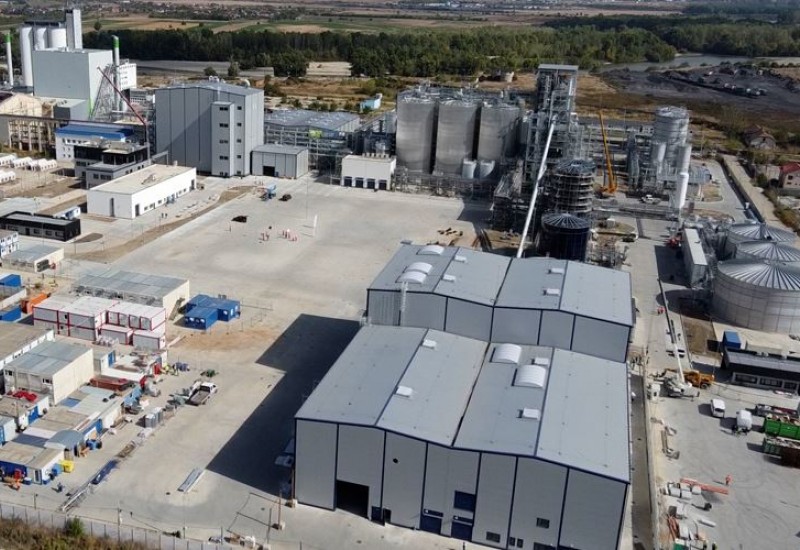Industry laments lack of Brexit certainty after vote
The UK’s Chemical Industries Association (CIA) and the European Chemical Industry Council (CEFIC) have expressed their regret at the continued uncertainty over Britain’s future in or out of the EU. This came after the House of Commons resoundingly rejected the deal Prime Minister Theresa May had negotiated. Remainers and ‘no deal’ Brexiters in her own party combined with most MPs from opposition parties to vote it down by 432 to 202, the heaviest defeat a government has ever suffered in Parliament.
“There is, of course, general business disappointment with the current position. We continue to lack the certainty that business has called for since the day after the 2016 referendum, in order that investment decisions can be made,” said CIA chief executive Steve Elliott. The CIA had been strongly for a Remain vote in the 2016 referendum, Elliott himself telling the press that there was “no appetite” from the country’s top manufacturing exporter for leaving the EU. Since then, it has advocated a managed exit that respects the result while seeking to avoid economic damage.
Elliott added that the CIA does not seek to interfere in the political process but said that business must “advise of the consequences, and those consequences – in terms of contingency plans and actions - are becoming more and more critical as we get closer to our 29 March exit from the EU. Every delay risks either no decision on UK investment, trade and jobs or, worse than that, irreversible decisions,” he said. “The need for a negotiated deal remains and gets more urgent by the day - as does the need to avoid a ‘no deal’ outcome.”
Meanwhile, Marco Mensink, director general of CEFIC, said that the vote – which was followed the next day by a defeat for a proposed ‘no confidence’ vote that would automatically have triggered a general election – means that business still lacks clarity about the state of play after 29 March and companies cannot make decisions on production, investments and employment. “Having certainty on the arrangements between the EU and the UK is critical to avoid serious supply chain disruptions. We continue to ask for a solution to be found, and hope that a no-deal Brexit can still be avoided,” he said.















